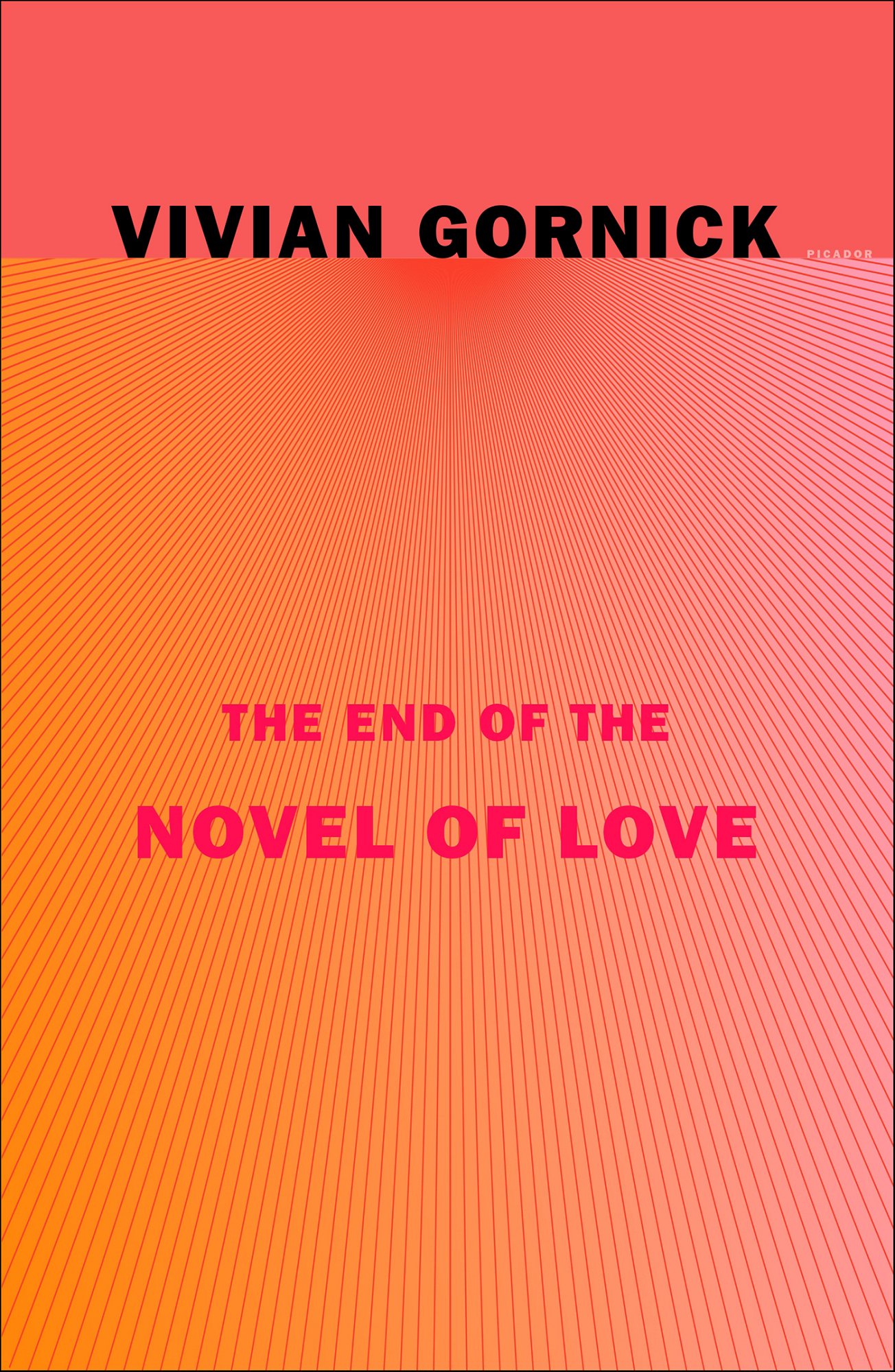
The End of the Novel of Love
Vivian Gornick
(Author)21,000+ Reviews
Bookshop.org has the highest-rated customer service of any bookstore in the world
Description
A finalist for the National Book Critics Circle Award for Criticism that explores the meaning of love and marriage as literary themes in the twentieth century.
In The End of the Novel of Love, an acclaimed and provocative collection of criticism, Gornick applies the same intelligence, honesty, and insight that define her memoirs to an analysis of love and marriage as literary themes in the twentieth century. She examines the work and lives of several authors she admires—including Grace Paley, Willa Cather, Jean Rhys, George Meredith, Jane Smiley, Richard Ford, and Andre Dubus—to ultimately posit that love, sexual fulfillment, and marriage are now exhausted as the metaphorical expressions of success and happiness.
Spanning the depths of common experience and the expanse of twentieth century literature, Gornick crafts an argument that is as defined by discourse as it is by the power of her language, which is gracefully poised between objective knowledge and subjective experience. In these eleven essays, she comes to see that, for most writers, like most readers, it is the drama of our angry and frightened selves in the presence of love that is our modern preoccupation. The End of the Novel of Love is a strikingly original and thought-provoking collection from a canonical critic.
"Reading her essays, one is reassured that the conversation between life and literature is mutually sustaining as well as mutually corrective." — The New York Times Book Review
"Small in bulk but large in implication. The book is a pleasure and a stimulus: persuasive, finely wrought, quivering with intelligence." —George Scialabba, Boston Review
"An exceptionally well-written, original, and thought-provoking set of essays." — Kirkus Reviews
In The End of the Novel of Love, an acclaimed and provocative collection of criticism, Gornick applies the same intelligence, honesty, and insight that define her memoirs to an analysis of love and marriage as literary themes in the twentieth century. She examines the work and lives of several authors she admires—including Grace Paley, Willa Cather, Jean Rhys, George Meredith, Jane Smiley, Richard Ford, and Andre Dubus—to ultimately posit that love, sexual fulfillment, and marriage are now exhausted as the metaphorical expressions of success and happiness.
Spanning the depths of common experience and the expanse of twentieth century literature, Gornick crafts an argument that is as defined by discourse as it is by the power of her language, which is gracefully poised between objective knowledge and subjective experience. In these eleven essays, she comes to see that, for most writers, like most readers, it is the drama of our angry and frightened selves in the presence of love that is our modern preoccupation. The End of the Novel of Love is a strikingly original and thought-provoking collection from a canonical critic.
"Reading her essays, one is reassured that the conversation between life and literature is mutually sustaining as well as mutually corrective." — The New York Times Book Review
"Small in bulk but large in implication. The book is a pleasure and a stimulus: persuasive, finely wrought, quivering with intelligence." —George Scialabba, Boston Review
"An exceptionally well-written, original, and thought-provoking set of essays." — Kirkus Reviews
Product Details
| Publisher | Picador |
| Publish Date | July 02, 2024 |
| Pages | 177 |
| Language | English |
| Type | |
| EAN/UPC | 9780374719890 |
BISAC Categories: , Literary Fiction
About the Author
Vivian Gornick is the author of several books, including the acclaimed memoir
Fierce Attachments, named the best memoir of the past 50 years by the
New York Times Book Review in 2019; the essay collections
The End of the Novel of Love and
The Men in My Life, both of which were nominated for the National Book Critics Circle Award for Criticism; and
The Odd Woman and the City, a finalist for the National Book Critics Circle Award for Autobiography. She began her career as a staff writer for
The Village Voice in 1969, and her work has since appeared in
The New York Times,
The Nation,
The New York Review of Books,
The Atlantic, and many other publications.
Earn by promoting books
Earn money by sharing your favorite books through our Affiliate program.
Become an affiliate

